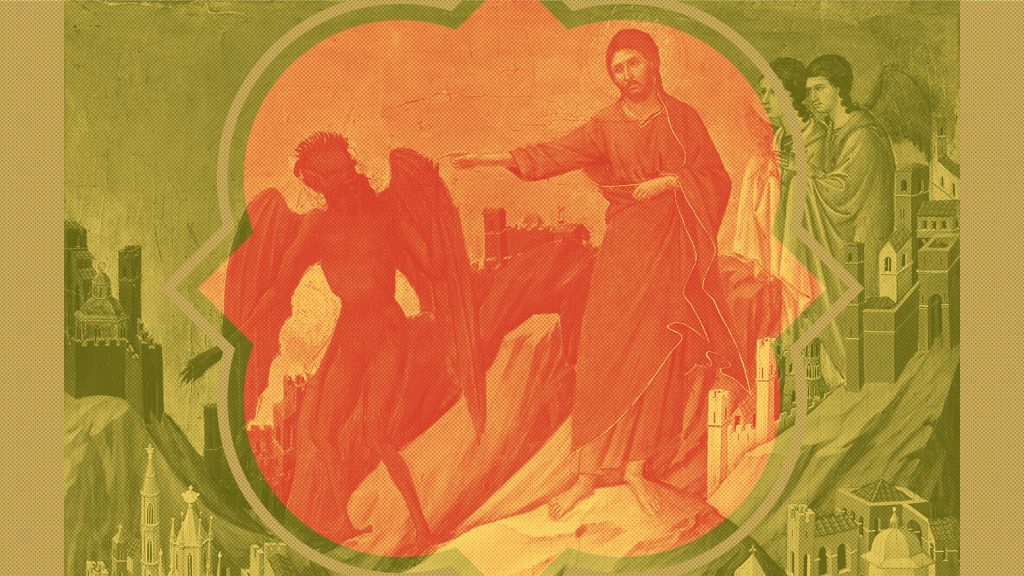Fear, the ultimate conflict driver
A strong desire to exert power over other people is, at its core, a response to fear.
All violence has its origins in fear.
Hate arises out of fear.
Conflict is generated by fear.
Hatred for God, atheism, is driven by fear.
A person unable to love others, has been crippled by fear.
The destructive impulse to “belittle and make nothing of others” is driven by fear.
Those who seek to enslave their fellow man are driven by fear.
Tyrants, bullies, and slave masters find their motivation in fear.
Psychopaths, murderers, and genocidal despots are steeped in fear.
Thus, when we seek to understand evil, we must understand the nature of fear.
Nihilism and Fear
Perhaps annihilation—being reduced to non-being—is the baseline fear driving destructive acts.
But not only total annihilation strikes fear in the hearts of humans. Rather there are many nihilistic factors that ratchet up existential fear, step by step.
For example, though a person might not face immediate body death and spiritual annihilation, they might fear losing all ability to affect others; they may fear losing all ability to determine even the smallest details of their life.
In other words, they fear being powerless, being rendered slaves. (The solitary confinement of prison is an example of free will and self determinism being stripped away.)
In a similar manner, a person might find he is unable to communicate, he is cut off from human interaction. The inability to communicate terminates the ability to enter into relationships. This nihilistic condition gives rise to existential fear. The silence mimics non-being and drives desperate fear.
Covert response to fear
The person who suffers fear does not attack others openly. Instead, they respond covertly, manipulating others into carrying out their destructive intentions.
Fear does not encourage direct assaults. Rather, using hidden means, a fearful person sows chaos and takes advantage of the confusion. Those targeted find it difficult to locate the true source of trouble. They’re often led to attack false targets, increasing chaos, hatred, and violence.
The psychopath in a position of power is particularly deadly. They respond by targeting everyone they consider a threat—no matter how illusory that threat might be.
Living in proximity to such a psychopath—living or working with a such a person inundated with fear—can result in a profound confusion and despair. When psychopaths hold power over entire nations, tyranny, despotism, and genocide are the result.
Assess the fear
The preceding analysis leads to the realization that a peacemaker must show skill in assessing a person’s fear, which will usually be well hidden. An in-depth assessment must take place over time, as layer after layer of trepidation is stripped away.
In addition, a peacemaker must identify destructive hidden influences working offstage, working covertly to destroy. They will usually not be present in the peace negotiations but rather will increase their efforts to promote conflict. (Thus, during mediation we see an increase in the hidden influence’s efforts to prolong the conflict. If you find someone advising either or both disputants not to make peace, you have probably located the hidden influence.)
If the peacemaker fails to identify hidden destructive influences, conflict will continue and even escalate.
Fear of God
A basic fear, one that drives demonic forces, is fear of God. When people, like Adam and Eve, become convinced, by a serpent, that God intends them harm, they are struck with extreme fear.
They soon become caught up in managing their fear of God through covert opposition to the Will of God. In this state, all creation poses a threat, so they become compulsively destructive. They attempt to wreak widespread destruction.
They become nihilists seeking to destroy everyone and everything, in order to manage their fear.
Be Not Afraid
Scripture abounds with the admonition “Be Not Afraid” or “Fear Not.” At first glance, one might assume the words are meant solely to offer consolation, to offer encouragement for the difficult moments of life.
However, I’m not certain that is the primary scriptural message. Rather, the admonitions may represent a warning of the destruction that follows once one slips into fear. Rather than promise consolation it may warn, “Do not go down this path. Manage your fear.”
